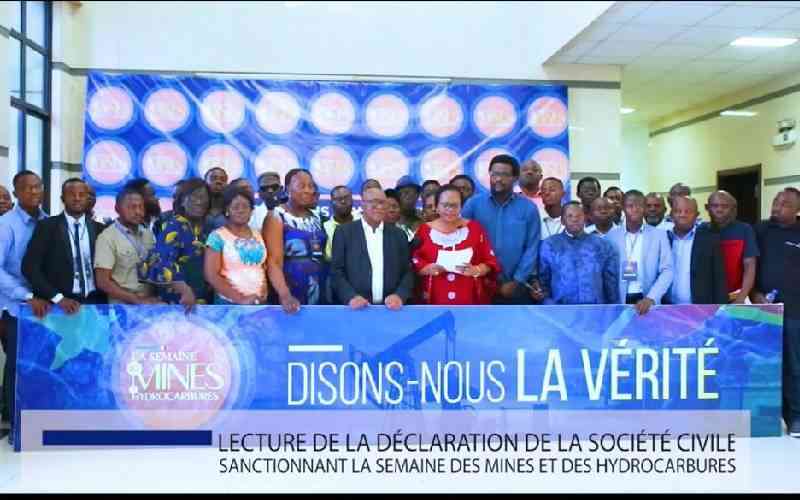
Regrouped in a coalition they labelled the Civil society action group for the protection, monitoring and citizen control of natural resources in the Democratic Republic of Congo (DRC), 40 NGO's are stepping up the fight against the plundering of the country's vast mineral deposits, explicitly targeting China and Russia as threats to Congo's people interest.
In a letter addressed to both the United States Secretary of State and Treasury Secretary, respectively Antony Blinken and Janet Yellen, the coalition appeals for tough support from the US administration to counter what they consider the takeover of the country's vast mineral resources deposits by China and Russia, both labelled "evil actors" in the letter seen by the Standard.